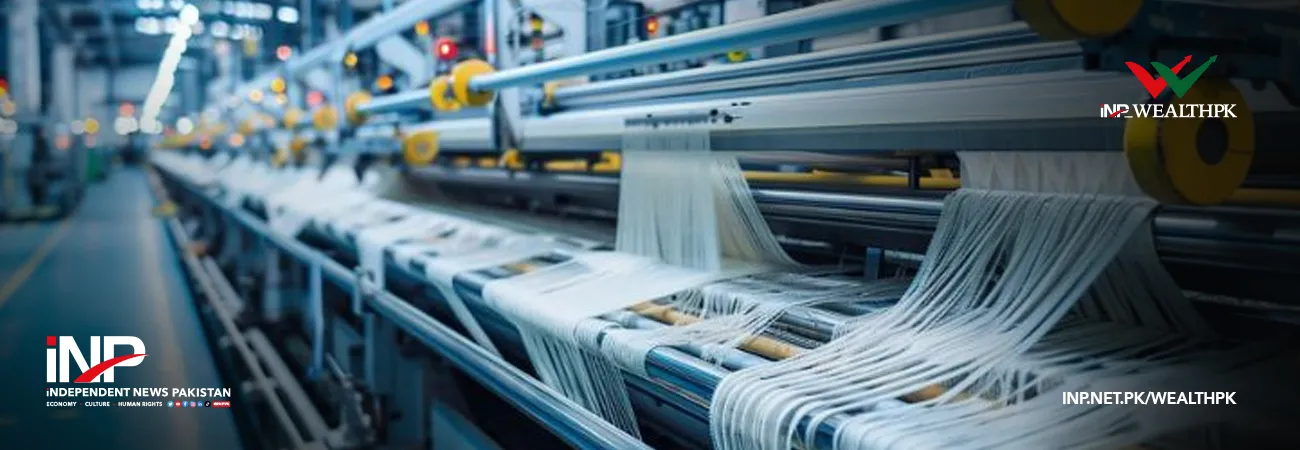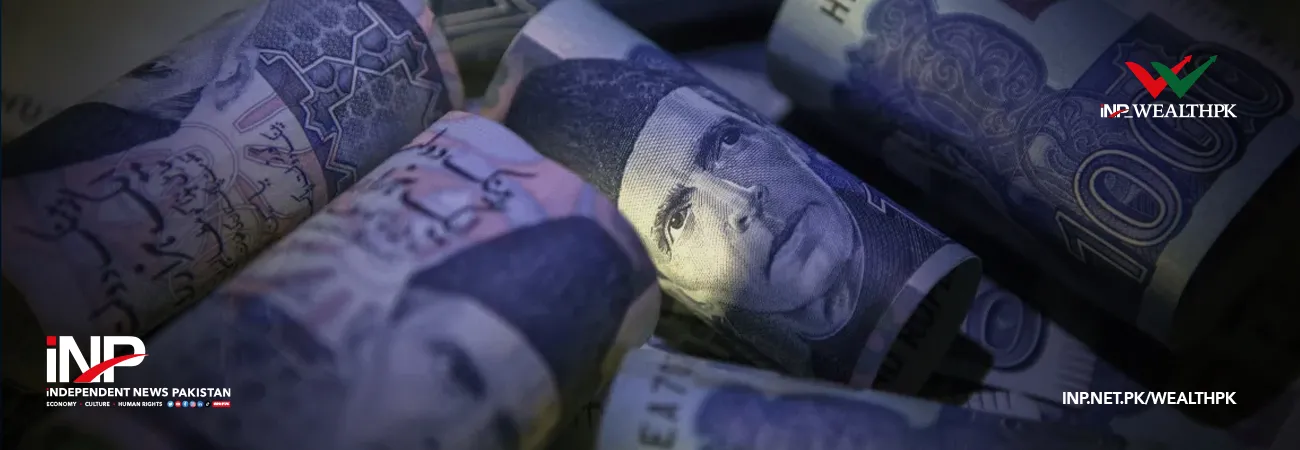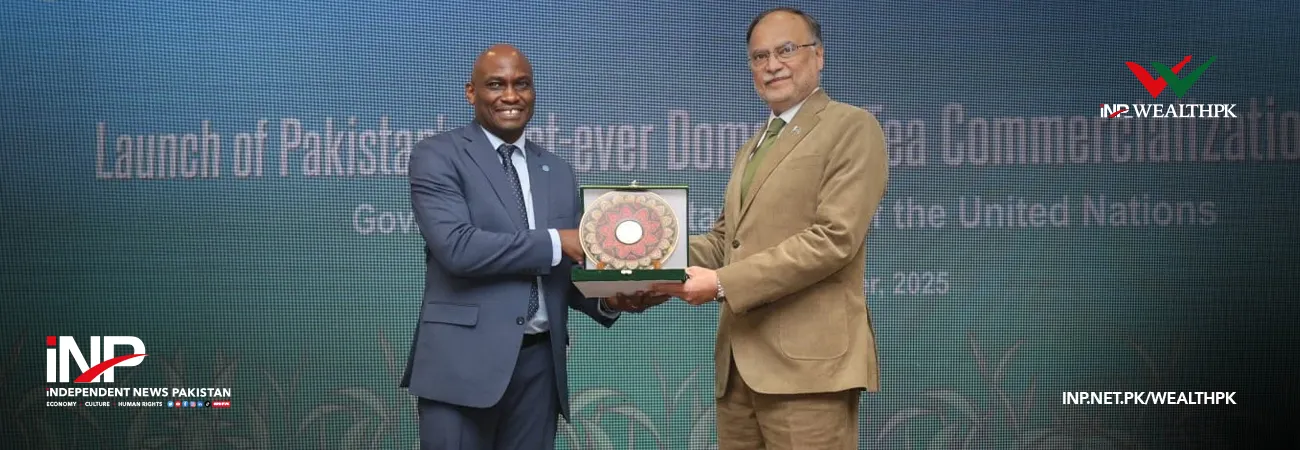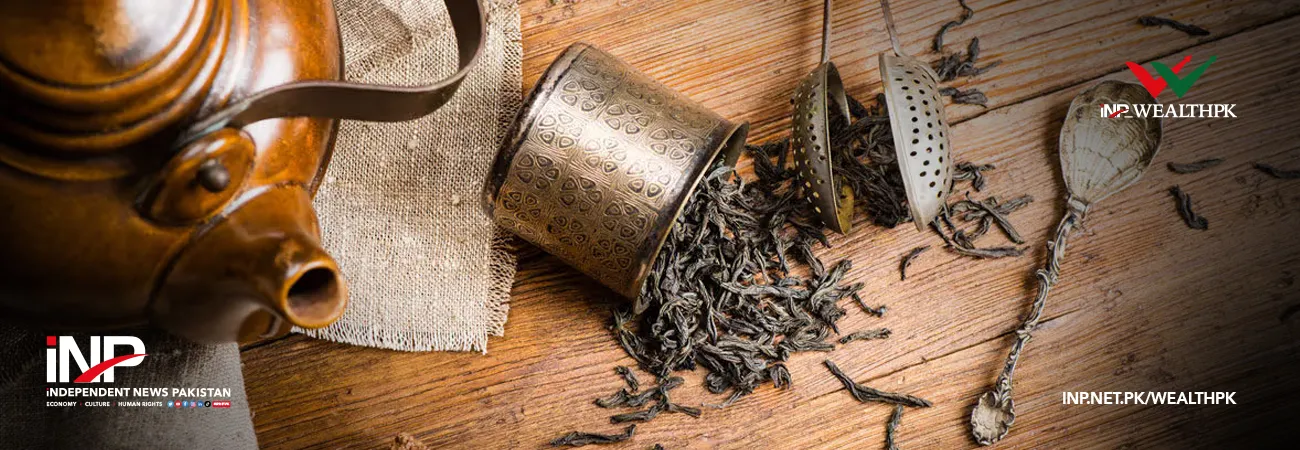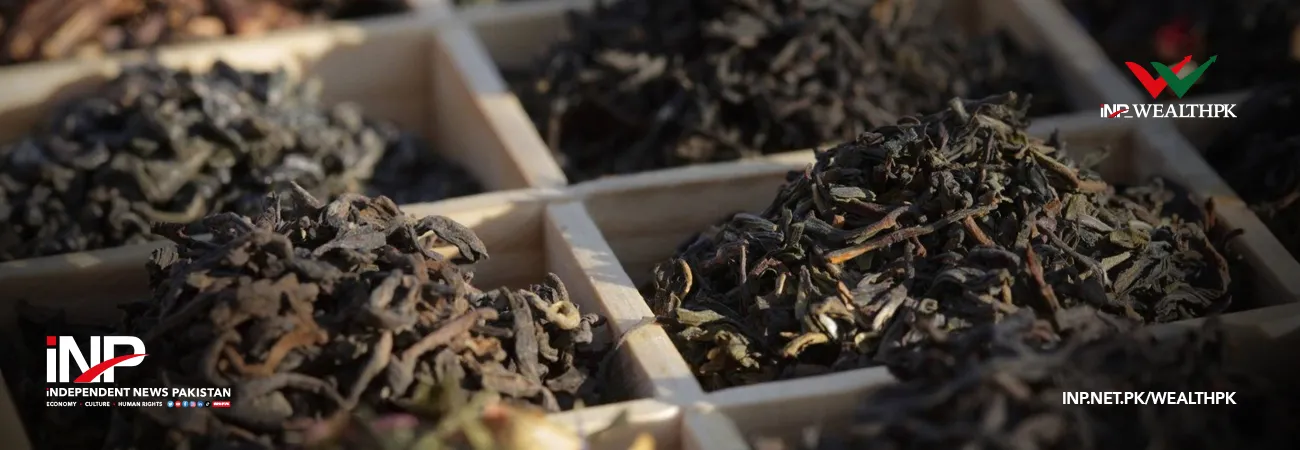INP-WealthPk
Muhammad Luqman
As the government gears up to table the Federal Budget 2025-26 amid ongoing challenges following a recent standoff with India, the country’s industrialists and traders are hoping for substantial relief.
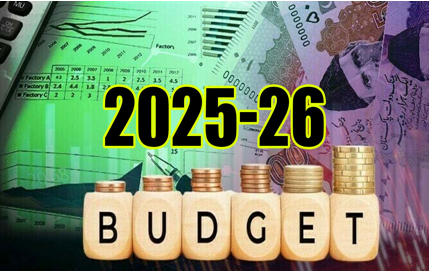
Finance Minister Muhammad Aurangzeb is all set to present the budget on June 10 in the National Assembly following successful review of the IMF loan agreement and amid declining inflation and shrinking fiscal and trade deficits. In line with past traditions, the federal minister and chairman of the Federal Board of Revenue (FBR) interacted with the chambers of commerce and associations multiple times to get their input and discuss budget proposals.
“We believe the government has enough fiscal space to announce pro-business policies and fiscal incentives to enhance economic resilience,” said Mian Abuzar Shad, President of the Lahore Chamber of Commerce and Industry (LCCI). Talking to WealthPK, he demanded that the government should introduce a fixed tax regime that ensures a simplified and predictable tax structure to effectively integrate traders into the tax system.
This regime should start with a minimum fixed tax applicable to all traders, regardless of their business size or turnover, with specific tax slabs to be developed later in consultation with the stakeholders. “To make the industry competitive, the cascading principle should be applied to the Sales Tax — 0% on raw materials, 5% to 8% on intermediate goods, and 18% on final products. It will control if not abolish, the flying invoice culture as well as release billions of funds of the industry,” he suggested.
Abuzar Shad said steps should be taken to curb the smuggling of oil, tires, tiles, food and LPG, as it costs hundreds of billions to the national exchequer besides badly affecting the local industry. Zaki Aijaz, Regional Chairman of the Federation of Pakistan Chambers of Commerce and Industry (FPCCI), told WealthPK that the government should continue efforts to reduce the fiscal deficit and debt levels. Fiscal discipline is crucial for long-term economic stability in any country, he added.
Zaki said there is a need for serious efforts to increase the tax-to-GDP ratio through broader tax reforms, as a narrow tax base cannot make the country self-sufficient. “We believe a more efficient tax system can help fund the essential government services without relying heavily on debt,” he said. The All Pakistan Textile Mills Association (APTMA) has demanded that a regionally competitive energy tariff should be announced for the industrial sector to make the products competitive in the international market.
“The power tariff for industrial consumers should not be more than 9 cents per kilowatt hour. The burden of Rs100 billion cross subsidy on the industrial sector needs to be discontinued,” Kamran Arshad, Chairman of APTMA, told WealthPK. He said the textile industry should be allowed to import LNG on its own instead of routing through gas marketing companies like the SNGPL and SSGC. “Taxes on exportable goods should be waived, as the Pakistani industry cannot export taxes along with the products,” Kamran Arshad said.
The APTMA chairman said Pakistan’s total consumption of cotton is more than 15 million bales against the local production of 8.37 million bales. “Duty-free import of cotton should be allowed until the country becomes self-sufficient in silver fiber,“ he suggested.
Credit: INP-WealthPk



